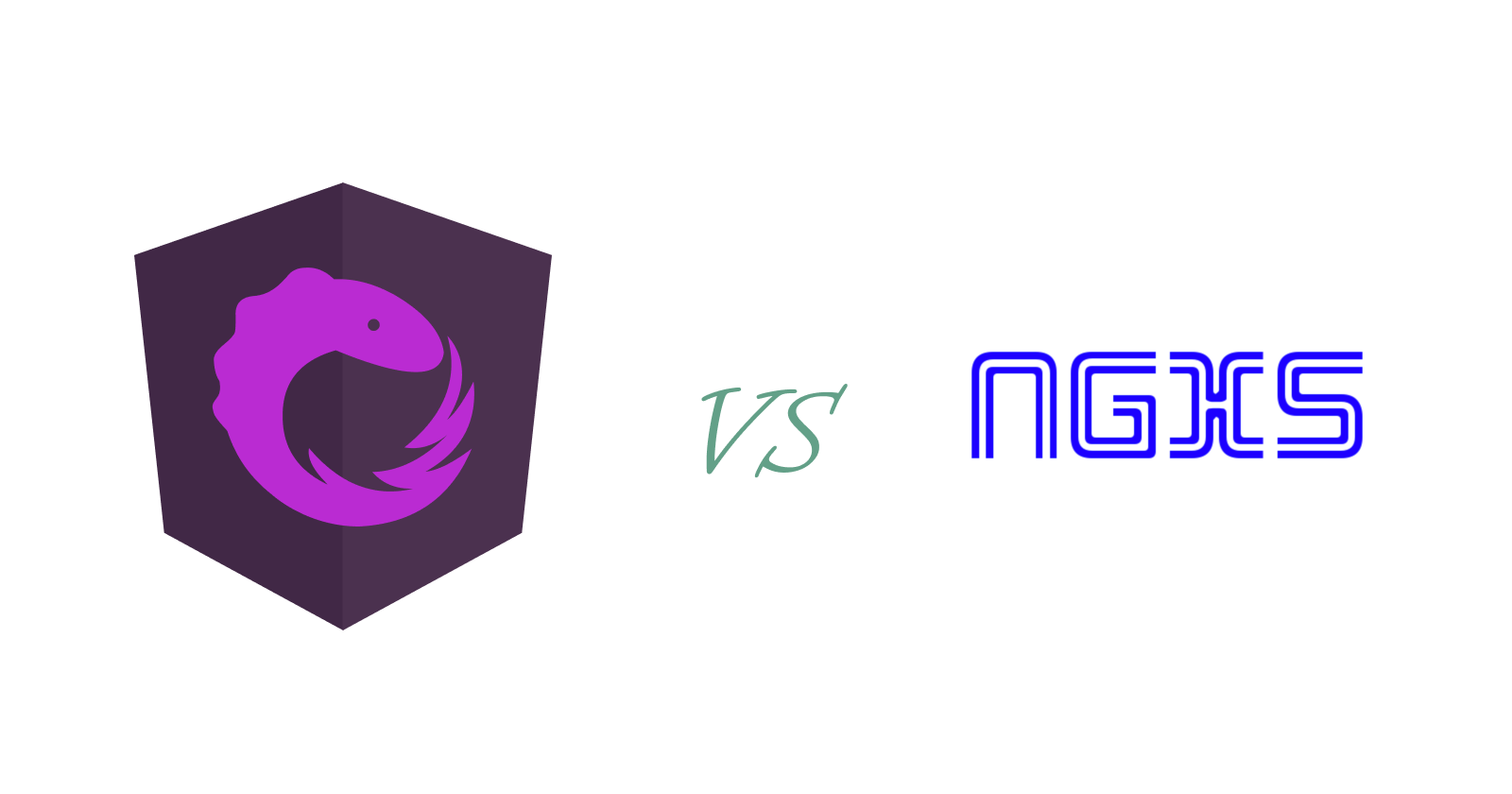Choosing the Best State Management Library for Your Angular Application: A Comparison of NGRX and NGXS
 Babafemi Adojutelegan
Babafemi Adojutelegan
When it comes to state management in Angular applications, two popular options are NgRx and NGXS. Both of these options have their advantages and disadvantages, and the choice between them depends on the specific needs of your application.
NgRx is a state management library that provides a predictable, centralized way to manage state in your Angular application. It is inspired by Redux and is based on the same principles of actions, reducers, and a centralized store. NgRx provides a strict structure, which can make it more verbose and complex than NGXS, but it also provides more control and predictability.
One of the biggest advantages of NgRx is that it enables time-travel debugging, which means that you can step backwards and forwards through your application's state history. This can be extremely useful for debugging complex applications and can save a lot of time and effort. NgRx also provides a wide range of middleware, which can be used to handle asynchronous actions, logging, and more.
On the other hand, NGXS is a relatively new state management library that is designed to provide a simpler, more intuitive way to manage state in your Angular application. It is less strict than NgRx and provides a more flexible way to manage state. NGXS uses the same concepts of actions and reducers as NgRx, but it provides more syntactic sugar to make the code more readable and maintainable.
One of the main advantages of NGXS is that it is easier to set up and use than NgRx. You don't need to create separate actions or reducers, and you can use it directly in your components without any additional setup. This can make it a good choice for smaller applications or for situations where you don't need the full power of NgRx.
However, NGXS is less mature than NgRx and does not have as large of a community or ecosystem. This can make it more difficult to find resources or to get help with issues. Additionally, because it is less strict than NgRx, it can be more difficult to maintain consistency across your application.
Ultimately, the choice between NgRx and NGXS depends on the specific needs of your application. If you have a complex, large-scale application that requires strict control and predictability over state management, NgRx may be the best choice. On the other hand, if you have a smaller or simpler application, or if you value flexibility and ease of use over strict control, NGXS may be the better choice.
Subscribe to my newsletter
Read articles from Babafemi Adojutelegan directly inside your inbox. Subscribe to the newsletter, and don't miss out.
Written by

Babafemi Adojutelegan
Babafemi Adojutelegan
I'm a seasoned Full Stack Software Developer with a knack for crafting robust systems across web, mobile, and cloud platforms. My approach merges established industry practices with cutting-edge innovations, ensuring every project is technically sound and resonates with its audience. I thrive on continuous learning and collaboration, and I'm eager to connect with like-minded professionals who share a passion for pushing the boundaries of tech innovation. Let's elevate our projects together!